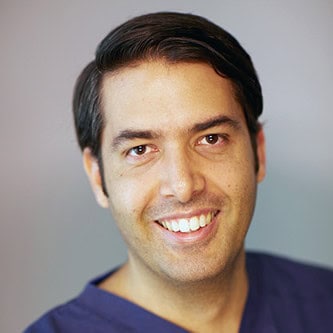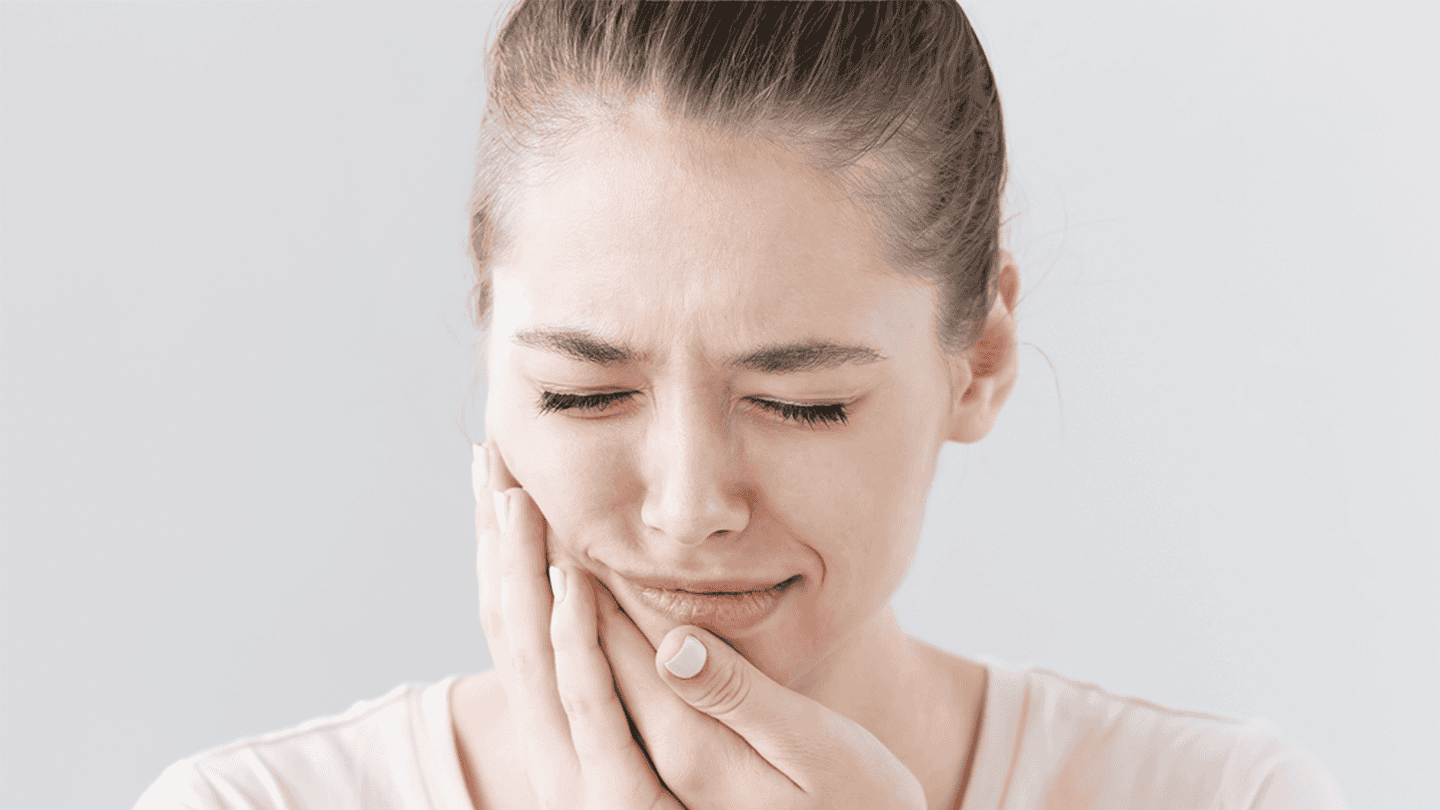Tooth Extraction Recovery: Essential Tips for Optimal Healing
Oct 18, 2024

Imagine taking a bite of your favorite food—the kind you’ve been craving all day—only to be met with a sharp pain that makes you wince. For a moment, you feel a rush of worry, but then it hits you— that troublesome tooth you’ve been avoiding is finally ready for extraction.
Sometimes, despite our best efforts, a tooth can’t be saved and must be removed, but why? While most people associate tooth extraction with wisdom teeth, a tooth may need to be extracted for several reasons, including severe decay, infection, trauma, or overcrowding.
We understand that the thought of having a tooth pulled out can be intimidating. However, tooth extraction is considered a standard dental procedure that could provide much relief once it’s done. When undergoing a tooth extraction, you need to keep in mind that the healing process is just as important as the procedure itself. With proper aftercare, you can ensure a smooth recovery, all while reducing the risk of complications. In this blog, we will discuss some vital post-extraction care tips that help you get back to your normal routine as quickly as possible.
Manage Bleeding: the First Step to Recovery
Before we dive deep into the recovery process, you need to get familiar with a dental condition that can occur post-extraction, known as Dry Socket. So what exactly is it?
After a tooth extraction, a blood clot needs to form at the extraction site to protect the bone during healing. But, if the clot does not form properly or dislodge before the wound can heal, it can create a dry socket. To prevent this from happening, your dentist will cover the extraction area with a gauze pad and instruct you to bite firmly until the bleeding slows or stops entirely.
You should note that light bleeding during the initial 24 hours is expected. However, if you experience excessive bleeding, you should contact your dentist immediately.
Take It Easy
Typically, a simple extraction would take up to three days to fully recover. Meanwhile, in surgical extractions, the recovery period could extend to a week or more. Resting during this period plays a crucial role in the recovery process. Therefore, avoiding strenuous activities during the first couple of days is important. Avoid heavy exercises to give your body the time it needs to recover.
For additional comfort, place extra pillows under your head while resting. This not only helps reduce swelling but also provides a more comfortable sleeping position that ensures you are not putting any pressure on the extraction area.
Manage Pain and Discomfort

It is completely normal to experience discomfort and swelling post-extraction. You can reduce the swelling by applying an ice pack on your cheek. Additionally, your dentist may prescribe antibiotics and pain medications to help ease the pain. It’s crucial to take all prescribed medications exactly as directed to ensure effective treatment and prevent potential complications.
Maintain Oral Hygiene
Keeping the extraction site clean plays a vital role in the recovery process. To prevent infection, you need to ensure that no food particles are stuck in the socket. For the first 24 hours after the procedure, avoid brushing your teeth or using mouthwash to prevent dislodging the blood clot. After the initial 24 hours, you can gently brush your teeth and gums, but do it carefully and avoid the extraction site.
You can also start flossing and rinsing with a saltwater solution. Rinsing with warm saltwater can help reduce swelling, relieve pain, and ward off infection by killing bacteria that get stuck in the mouth. Swish a mixture of warm water with a teaspoon of salt and rinse your mouth several times a day—especially after meals. Be careful not to overdo this, as it can irritate the wound.
Dietary Guidelines

After any type of tooth extraction, a simple change in your diet is required for proper healing. To help guide you, we’ve assembled a cheat sheet of foods to avoid and foods to include during your recovery.
Foods to Avoid
- Spicy Foods: Spicy seasonings, hot sauces, chili peppers, and spicy salsas could irritate the gum tissue and delay the healing process.
- Cold and Hot Foods: Hot and cold food can be problematic and cause many complications. For example, it can disrupt blood clot formation, causing an increased blood flow to the area. It can also irritate the exposed nerves and soft tissues, causing pain and discomfort. Thus, sticking to lukewarm or room-temperature food during the first few days post-extraction is recommended.
- Sticky and Chewy Foods: Sticky foods like marshmallows, gummy candies, and honey can significantly affect the healing process. These sweets can stick to your teeth and gums, making them harder to clean.
- Crunchy Foods: Hard and crunchy foods like nuts, raw vegetables, popcorn, crusty bread, and hard candies require more chewing force. This can place unnecessary pressure on the affected area, which can cause severe pain and discomfort.
Foods to Include
- Soft Foods: During the initial days after the extraction, soft foods will be your best choice. Go for easy-to-eat options like mashed potatoes, yogurt, soups, and milkshakes.
- Nutritious Foods: You should also consider adding healthy foods to your diet during this period. Protein-rich foods, including fish, chicken, and eggs, can provide your body with the nutrition it needs to heal and rebuild tissues.
When Will I Be Able To Get Back to My Regular Diet?
As dentists, we get asked this question a lot—not just after tooth extractions but after various dental procedures. Generally, you can expect to return to your regular diet within a week or two. However, this timeline can vary depending on the type of extraction and how well you’ve been caring for your mouth during the recovery process.
Stay Hydrated

For the first three days after your procedure, it is recommended to stick to water only. Avoid fuzzy and sugary beverages like soda, sparkling water, and fruit juices with refined sugar. Drinking plenty of water is the key to a healthy and speedy recovery, as it can support your oral health by boosting saliva production, which plays a vital role in keeping your mouth clean and free of bacteria. In addition, water rinses away any food particles that may get stuck in the tooth socket.
Attend Follow-Up Appointments
Make sure to attend every follow-up appointment scheduled by your best dentist. These visits are essential to monitor your healing progress. Remember, everyone’s recovery process may vary depending on personal factors, so don’t hesitate to reach out to your dentist if you have any questions or concerns regarding your recovery. Take care of yourself and follow these tips for a smoother healing journey.

Dr. Nabil Mockbil, DDS, BDS
Dr. Nabil Mockbil is the head of Swedish Dental Clinic and one of the most experienced orthodontists in Dubai. By demonstrating incredible skills and embracing a kind attitude, he's proven to be not just a brilliant dentist, but someone you can fully trust with your smile. With 20+ years of experience under his belt and a warm smile on his face, you're search for the best orthodontist in Dubai ends with him.




